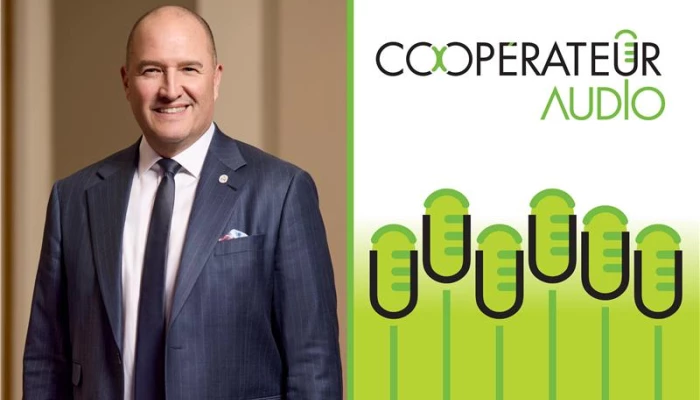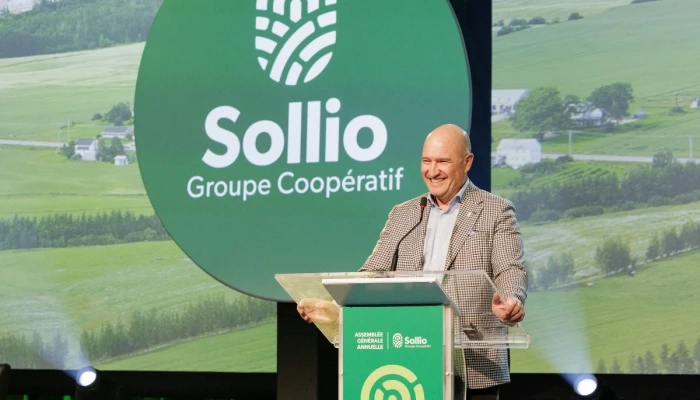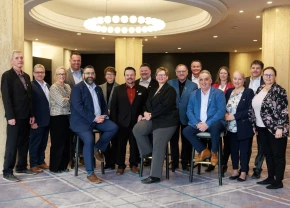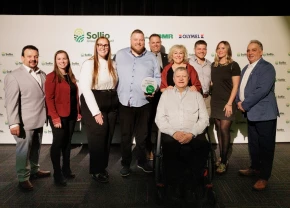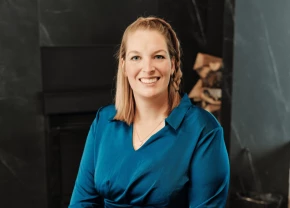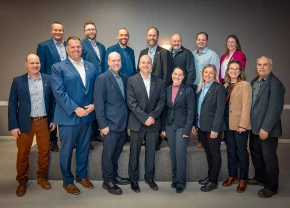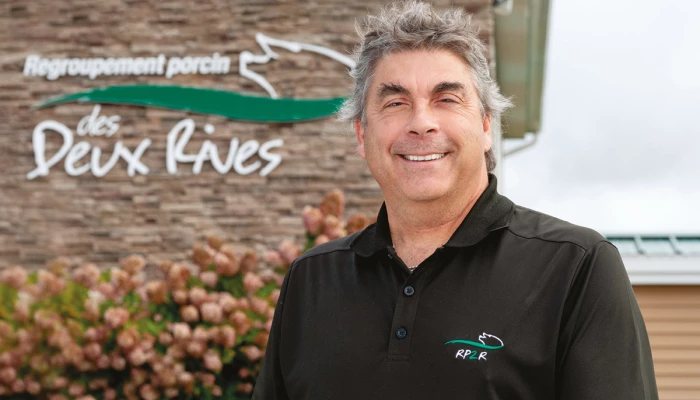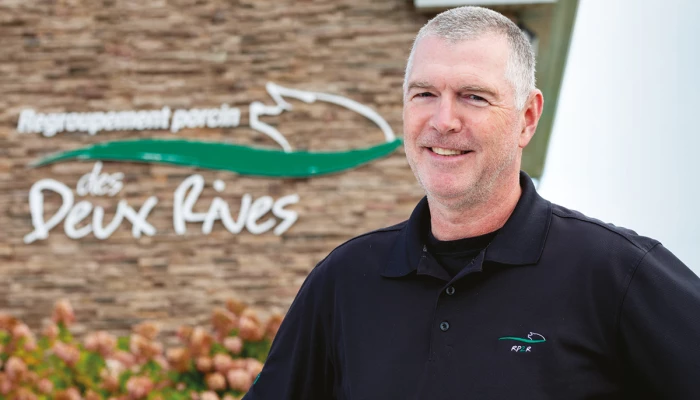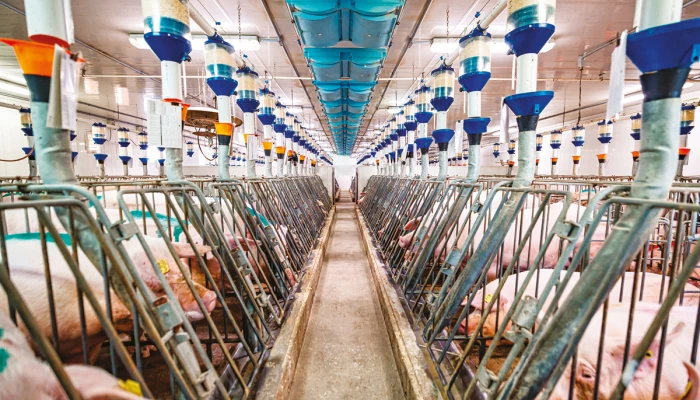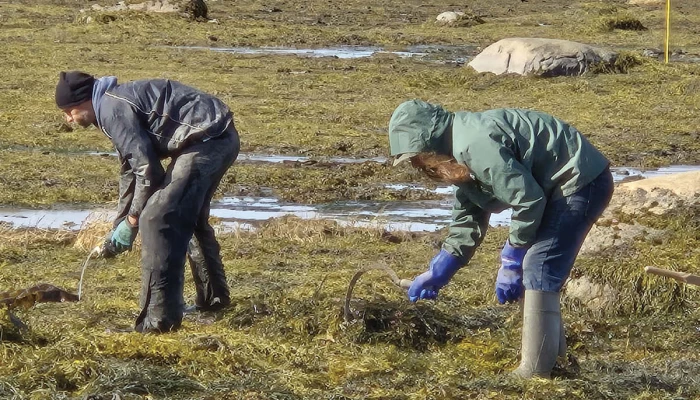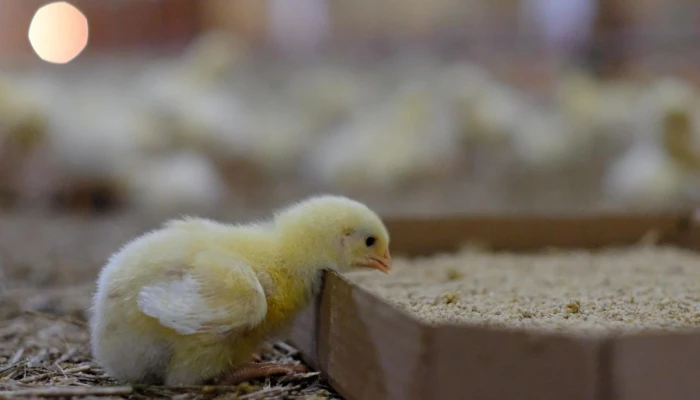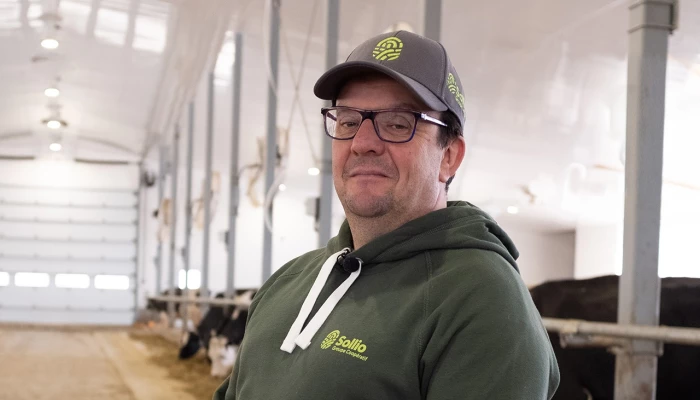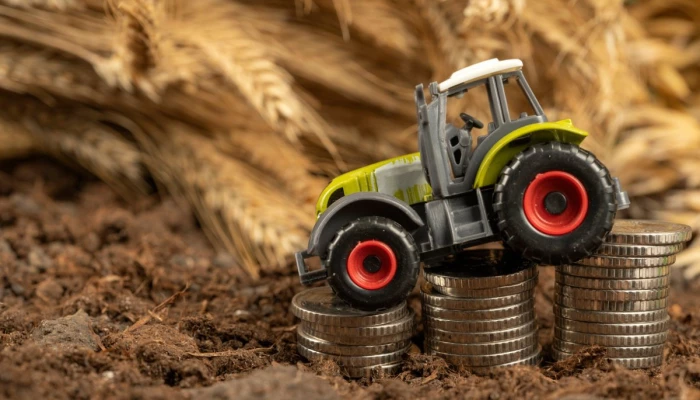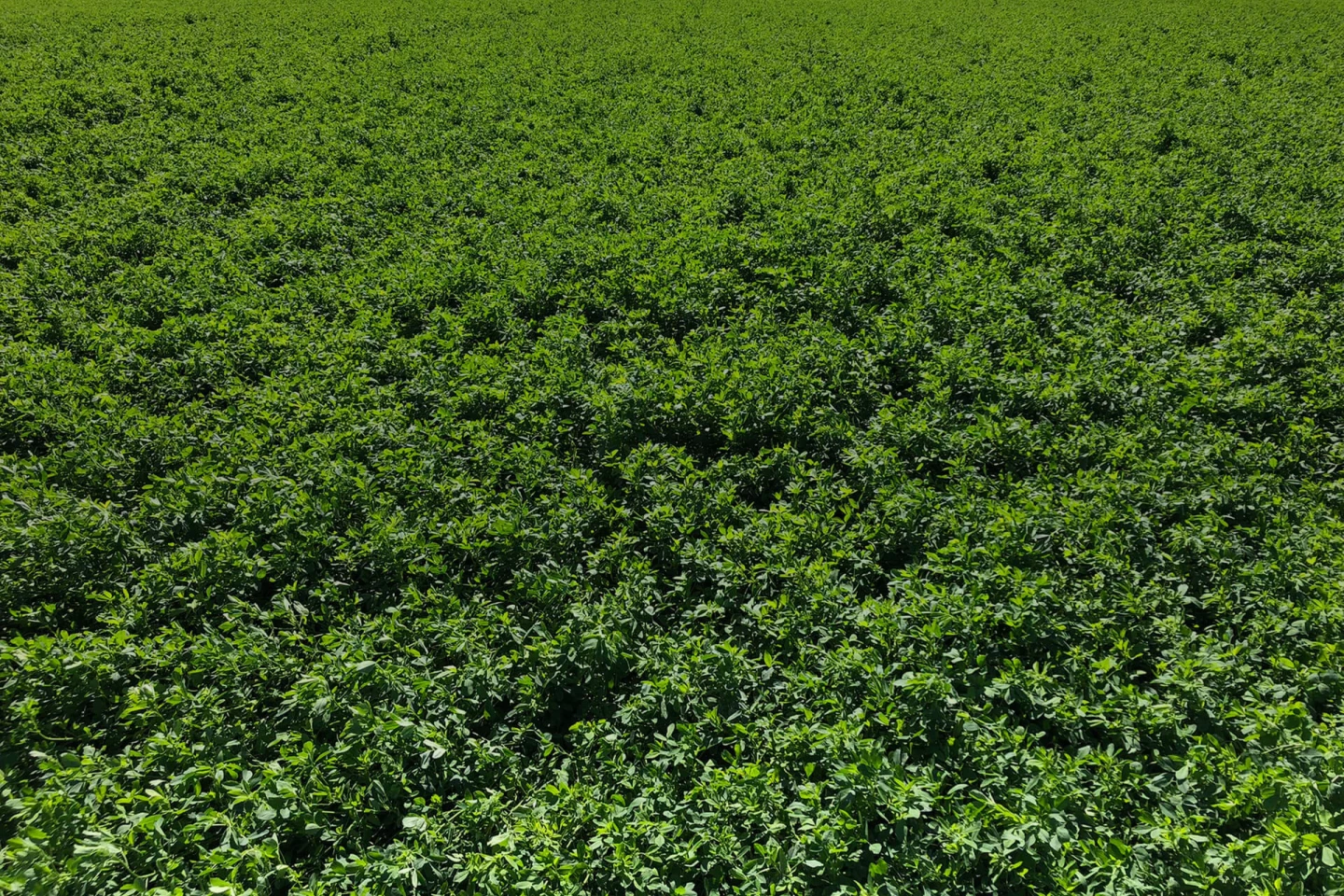
À la une
À la une
Contenu en vedette
Sollio Groupe Coopératif présentait le 26 février 2026, dans le cadre de son assemblée générale annuelle, des résultats financiers solides.
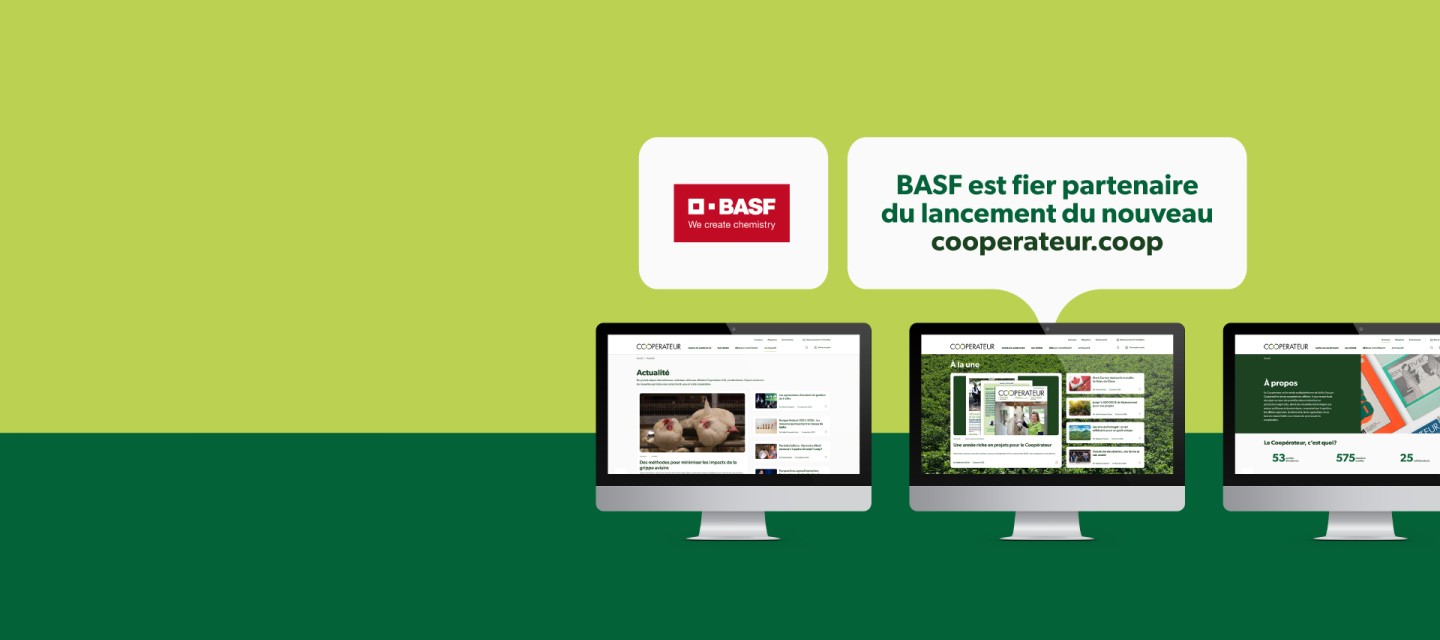
Votre cooperateur.coop poursuit sa métamorphose!
Votre cooperateur.coop poursuit sa métamorphose!
Vous pouvez désormais créer un compte, sauvegarder les articles, donner votre opinion et plonger dans nos reportages comme si vous étiez sur le terrain.
Éditoriaux du président de Sollio Groupe Coopératif
Éditoriaux du président de Sollio Groupe Coopératif
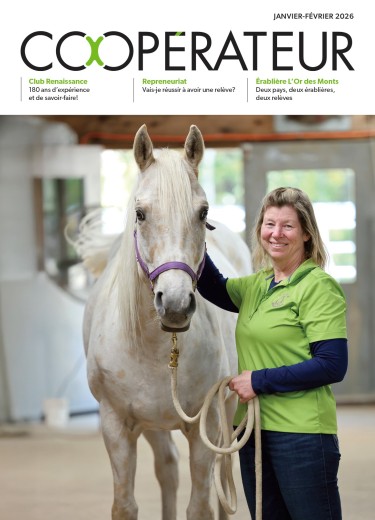
Notre dernière édition
Nouvelles couleurs, nouvelles sections, nouveau Coopérateur! Pour commencer 2026, votre magazine se transforme. Voyez aussi ce que nous avons mijoté pour célébrer nos productrices agricoles au cours de 2026.
Chronique Champ libre - Pascal Thériault
Chronique Champ libre - Pascal Thériault
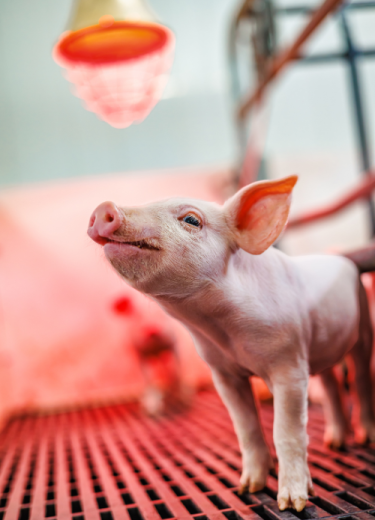
Succès et défis de la Filière porcine coopérative
Le secteur porcin québécois vit de profonds changements. Les défis à venir pour les producteurs de la relève sont nombreux, mais la Filière porcine coopérative est prête à les soutenir.
Coopérons
Notre équipe éditoriale
Derrière les pages web et papier se cache l’équipe qui veille à la production et à la création du Coopérateur.
Faites-vous connaître
Annoncer dans le Coopérateur, c’est atteindre une communauté de plus de 12 000 membres du milieu agricole coopératif.
Faites-vous entendre
Vous avez une idée pour nous? Faites-nous en part! Nous sommes toujours à la recherche de suggestions d’articles.


